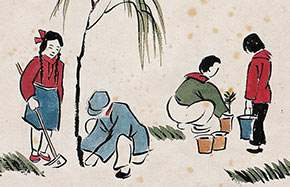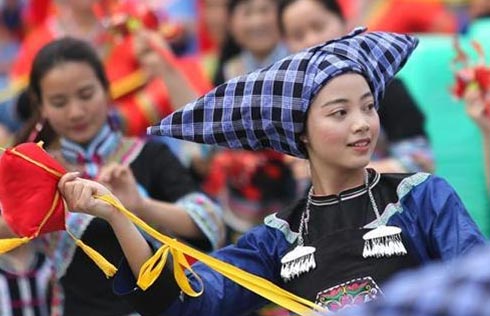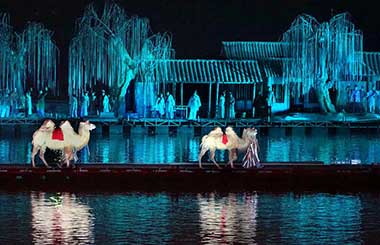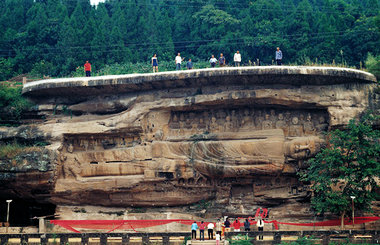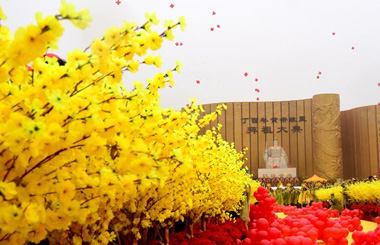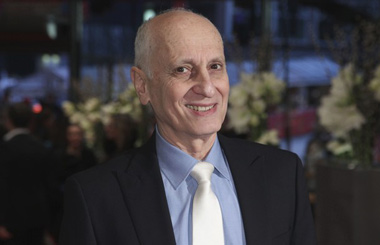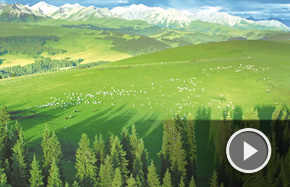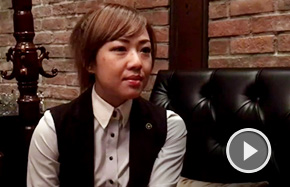Tibetan communities embrace new funeral customs
"I use my hands to help the deceased finish their last step in the world. I feel it is the natural thing to do," she said.
About a few hundred miles to the southwest, Chindo county, in Yushu Tibetan autonomous prefecture, is an area where sky burials are more common. Most of the people in the county are herders.
Tashi, who performs sky burials, often has to get up early to prepare for the rituals.
In sky burials, bodies are fed to vultures and other predatory birds. Buddhists believe in a cycle of rebirth and advocate kindness and charity. The spirit of the dead is believed to leave the body the moment a person dies and the dead should be fed to hungry vultures as a last token of charity.
Tashi is a monk at Lab Monastery. He started performing sky burial rituals in 2011. The Serkhang sky burial site, located about 3,800 meters above sea level at the foot of a snow-capped mountain, receives over 30 bodies every year.
"A burial starts at four in the morning and lasts about seven hours. I make sure every detail is right for the ritual," he said.
However, sometimes sky burial rituals do not go so smoothly. Environmental drives to kill rats on grasslands have led to a decline in the number of vultures and eagles.
"Some people may still honor tradition, but others may want the modern methods of burial. The people will choose on their own," said Wang Fayu, director of social affairs office of the Qinghai Provincial Civil Affairs Department.
A crematorium has been set up in every Tibetan autonomous county in Qinghai to provide diverse choices for the people, said Wang.
"The living buddhas said in the end, humans return their bodies to nature. No matter which method chosen, it is to show respect to the deceased and give solace to the living," said Rinchen.




